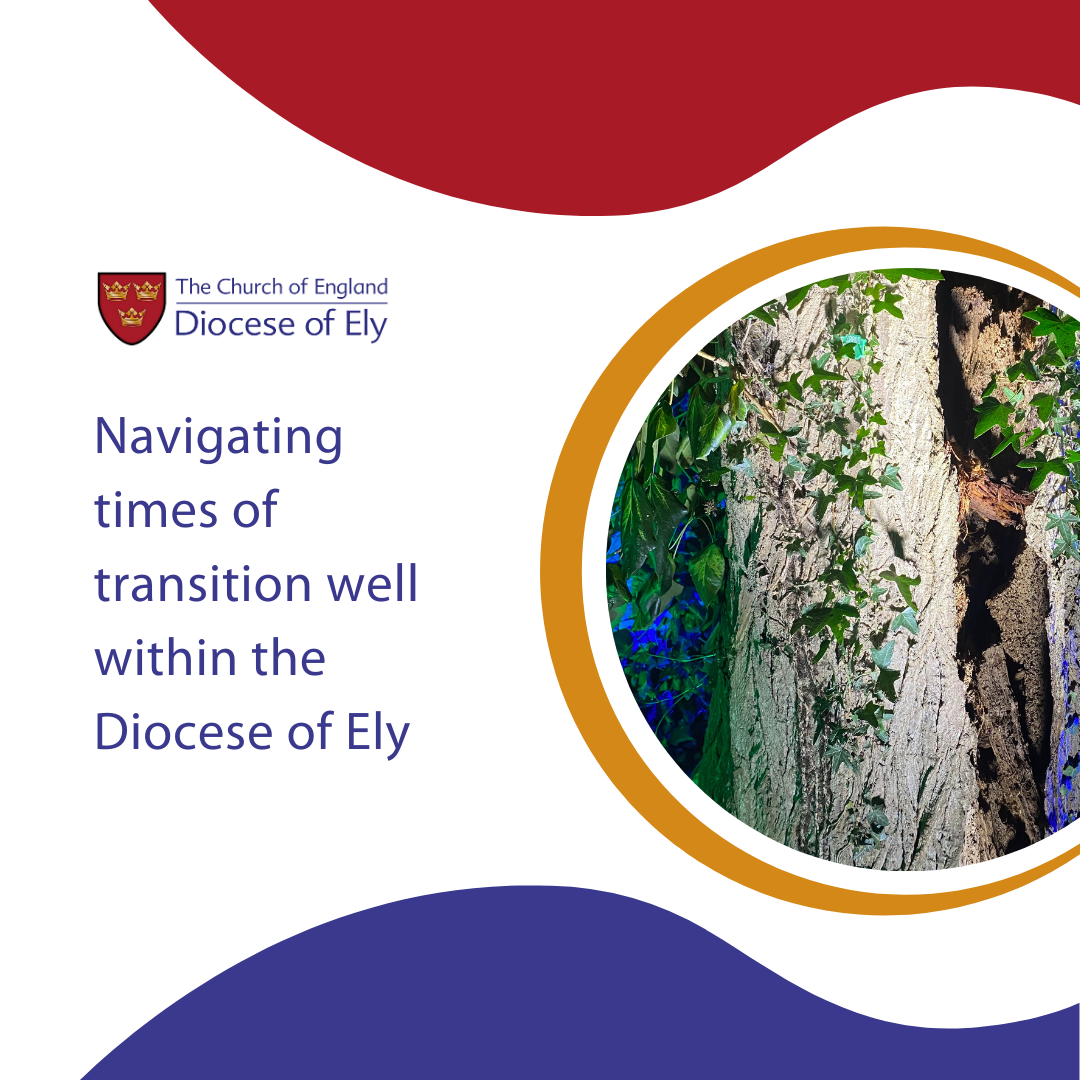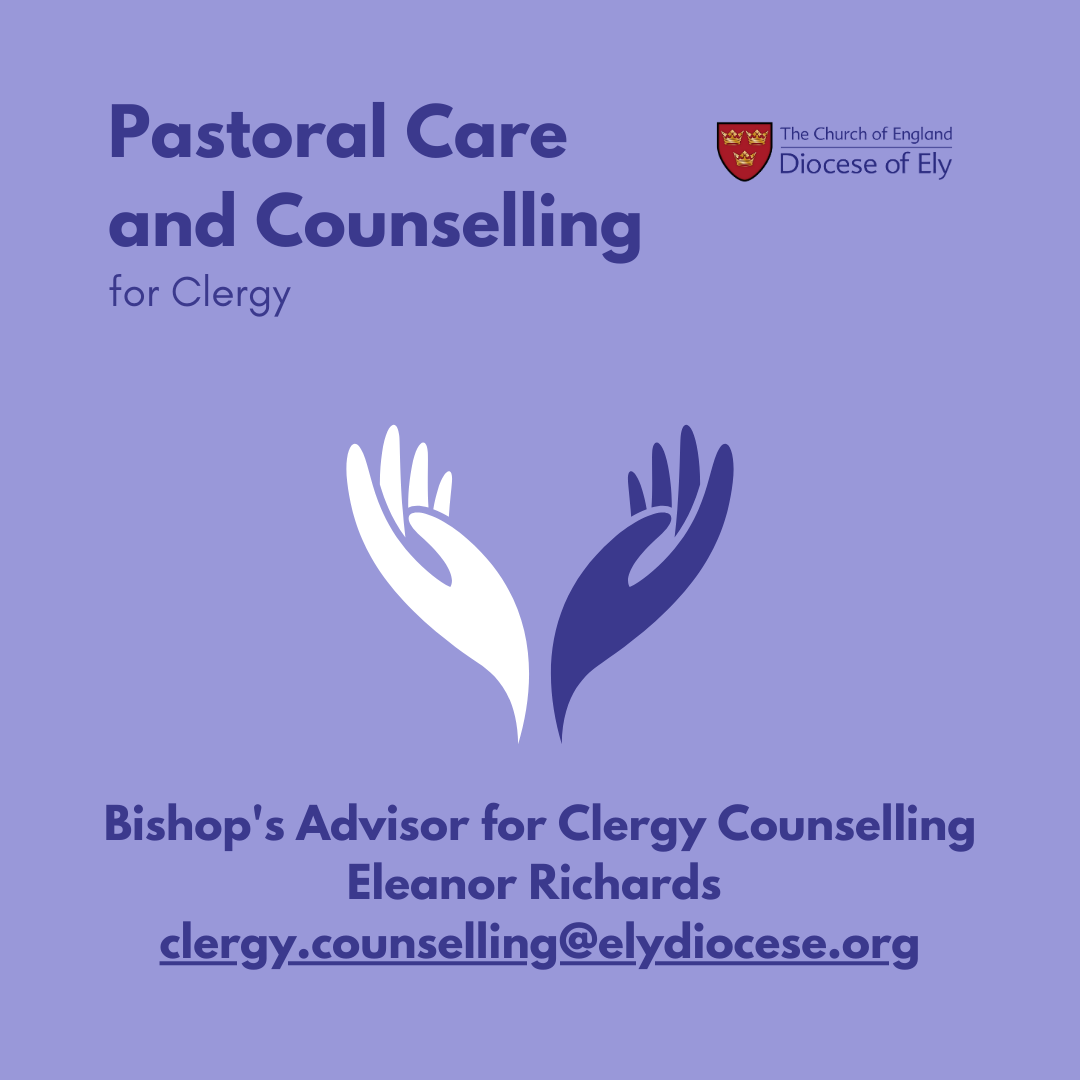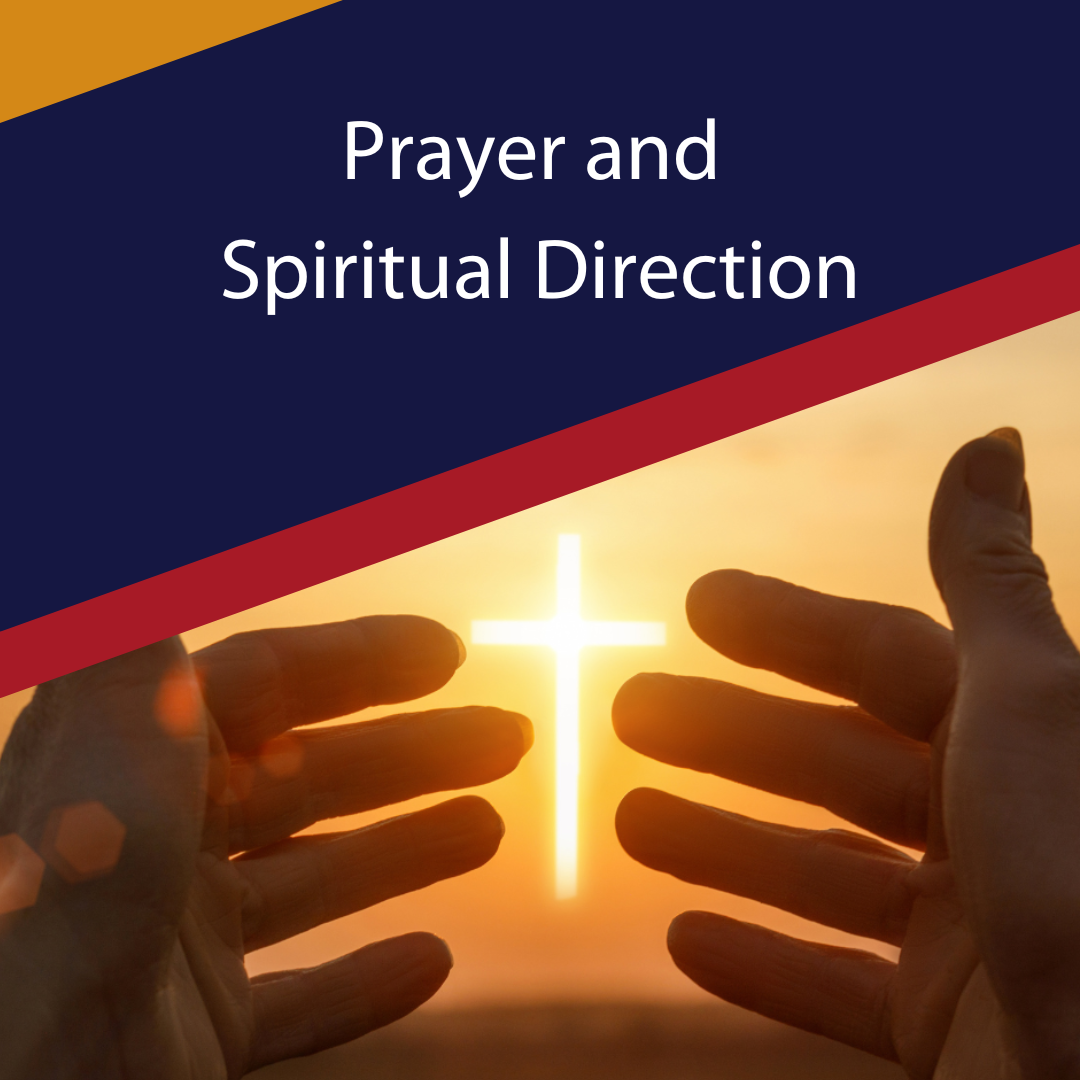Clergy wellbeing encompasses all that promotes the health and wholeness of the clergy of the Diocese
One of the levers of change in the Diocese of Ely's strategy is to develop healthy churches and leaders. It includes the aim to refresh leadership, so that both clergy and laity feel energised, empowered and liberated to grow in their ministry. The flourishing of the clergy is key to the flourishing of the church.
Clergy wellbeing is of concern for the whole church and the responsibility for the promotion of wellbeing lies with:
- the diocese, in offering personal support and development of skills necessary for the changing role of those who are ordained and in defining manageable roles for clergy,
- the clergy, as they take responsibility for their own wellbeing and are mindful of the wellbeing of their colleagues,
- congregations, as they are encouraged to recognise their impact on the wellbeing of their clergy.
Diocesan provision
Diocesan provision includes:
- Wellbeing Contacts for Clergy,
- the development of the Ministry Development Review process to include a particular focus on your wellbeing,
- the availability of coaching,
- training in Resilience in Conflict,
- an introduction to Mindfulness,
- a series on 'How to Survive and Thrive as a Minister',
- details of the Clergy Transitions Service available from the Church of England,
- the provision and training of mentors for new incumbents.

Wellbeing Contacts for Clergy
A range of wellbeing contacts to support Clergy wellbeing and mental health, including how to access confidential counselling.

Navigating times of transition well
The Mission and Ministry department have produced a booklet entitled Navigating times of transition well within the Diocese of Ely.

Confidential Counselling
Pastoral Care and confidential Counselling for clergy can be accessed by contacting the Bishop's Advisor for Clergy Counselling, Eleanor Richards, on clergy.counselling@elydiocese.org.

Resources for Spiritual Refreshment
Guidance and resources for Prayer and Spiritual Direction, including information on the Spirituality Development Group, Spiritual Direction, Quiet Gardens and Retreat Centres.

Tips for your own self-care
There is no one-size-fits-all solution to the challenge of maintaining clergy wellbeing. Each individual has their own personality, their own particular context and their own set of needs. These needs change as life and work circumstances alter. However, for each of us there are areas of life that help or hinder our sense of wellbeing. Find tips for your own self care on this page.

Clergy Transition Service
The Clergy Transitions Service provides professional coaching to help you explore the whole range of roles in the Church of England.

How Clergy Thrive: Insights from Living Ministry
This downloadable resource is available free of charge for local, non-commercial use and is sponsored by the Clergy Support Trust.